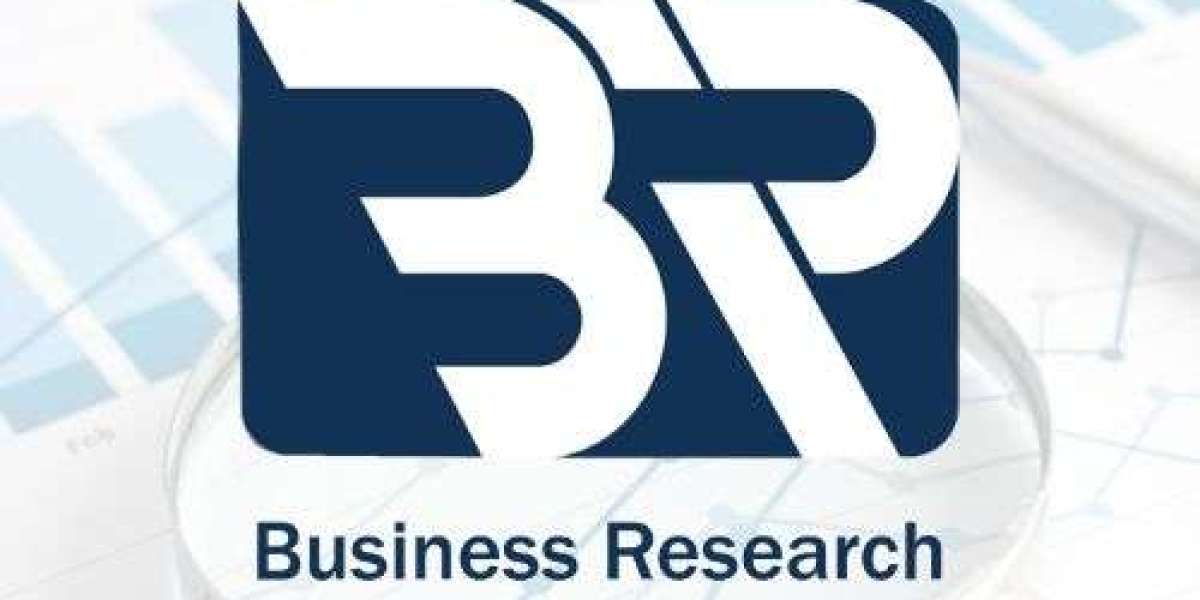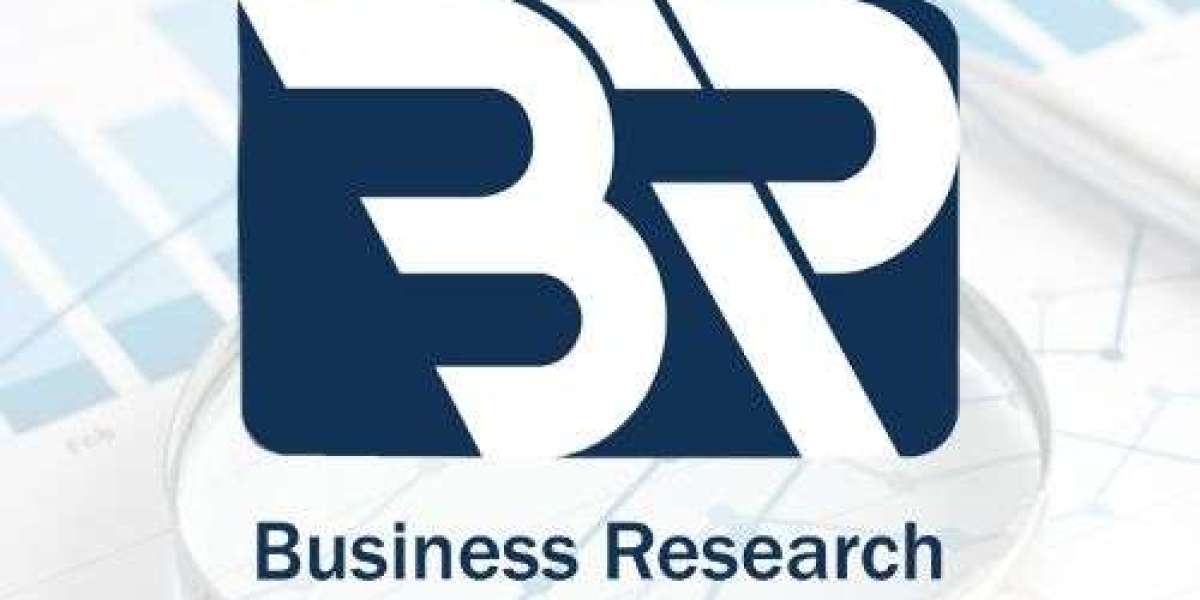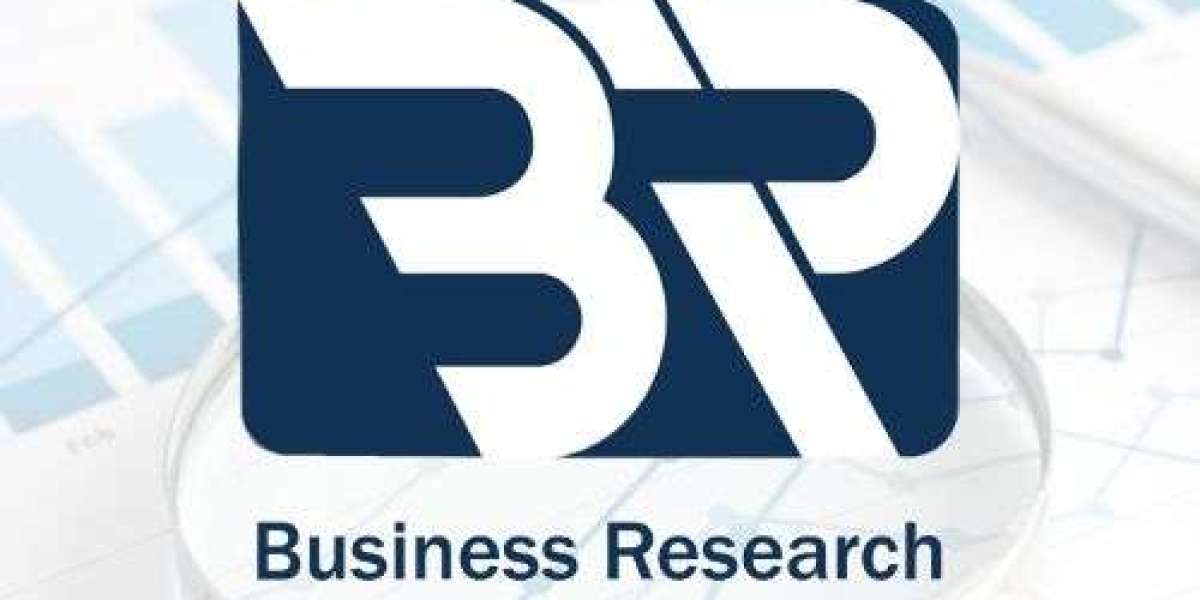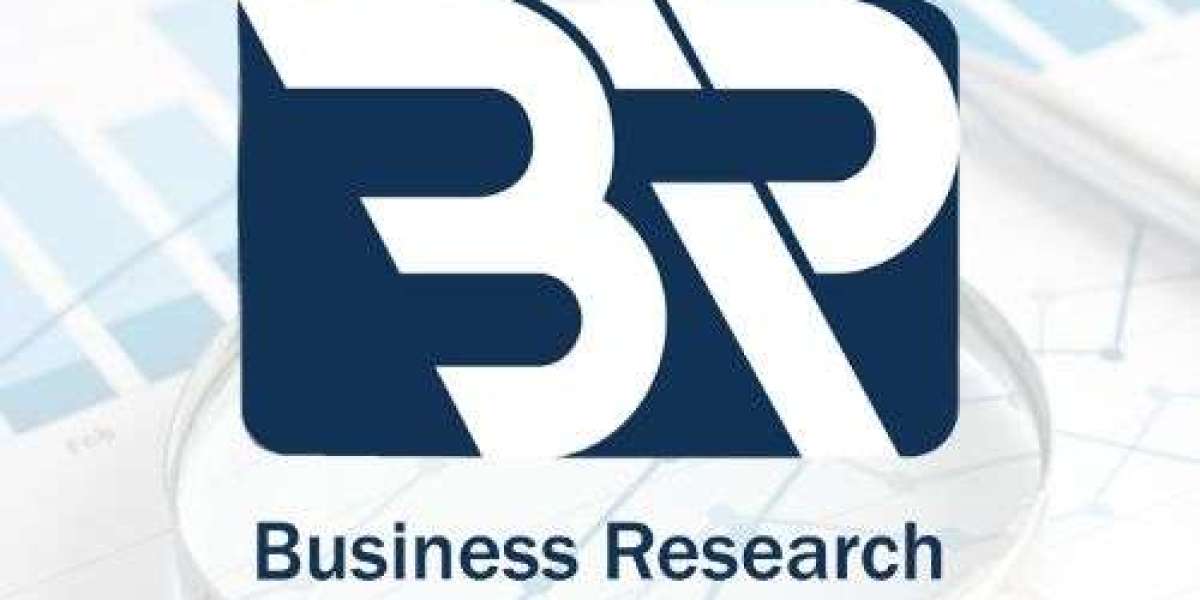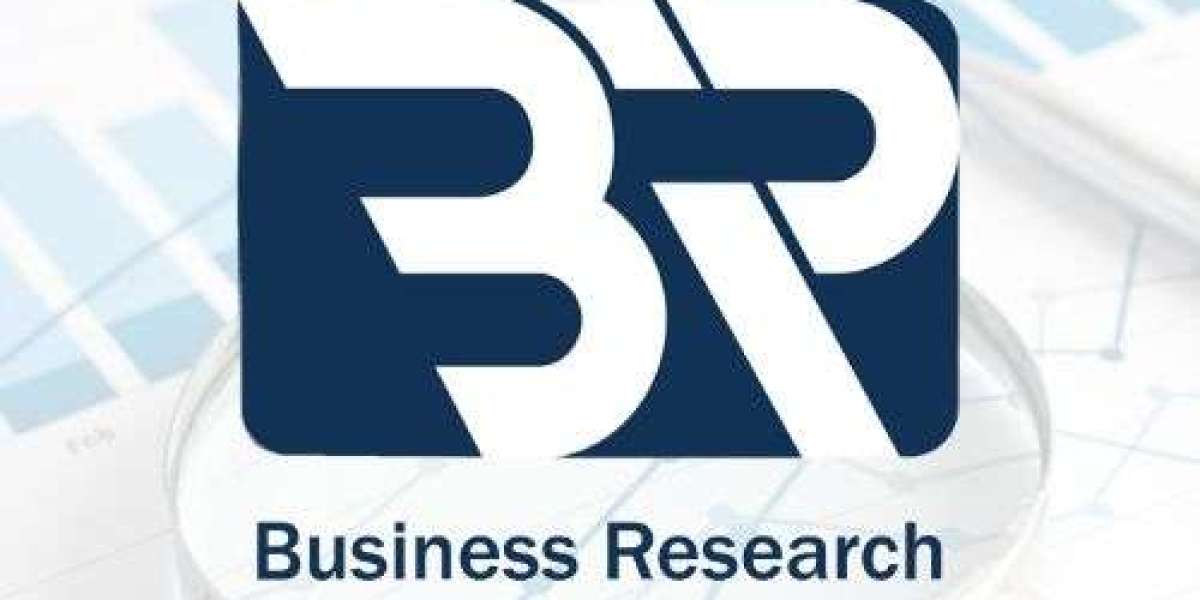The ethical implications of using fake documents have long sparked debate among scholars, policymakers, and the general public. While some argue for the necessity of deception in certain circumstances, others condemn the act as a breach of trust and societal norms. This article delves into the ethical considerations surrounding the use of fake documents and presents contrasting viewpoints.
Justification for Deception
Proponents of using fake documents argue that desperate times call for desperate measures. In cases of political persecution, economic hardship, or discrimination, individuals may resort to forging documents as a means of survival or protection. They contend that the greater good justifies the temporary suspension of ethical principles in pursuit of justice or liberation.
Upholding Integrity and Trust
Conversely, opponents assert that the use of fake documents undermines the integrity of institutions, erodes trust in societal norms, and perpetuates a culture of deceit. They argue that ethical principles such as honesty, transparency, and accountability form the foundation of a just and equitable society. By condoning or engaging in document fraud, individuals compromise these fundamental values.
Balancing Moral Dilemmas
The ethical dilemma surrounding the use of fake documents necessitates a delicate balance between competing moral imperatives. While empathy for the plight of marginalized individuals may elicit sympathy, adherence to ethical principles remains paramount in upholding the rule of law and social order. Striking a balance between compassion and integrity is essential in navigating the complex terrain of ethical decision-making.
Conclusion
The debate over the ethics of using fake documents underscores the inherent tension between moral imperatives and practical realities. While proponents argue for the necessity of deception in certain circumstances, opponents emphasize the importance of upholding integrity and trust in society. As we grapple with these ethical dilemmas, it is imperative to critically examine our values, principles, and actions in shaping a more just and ethical world.





